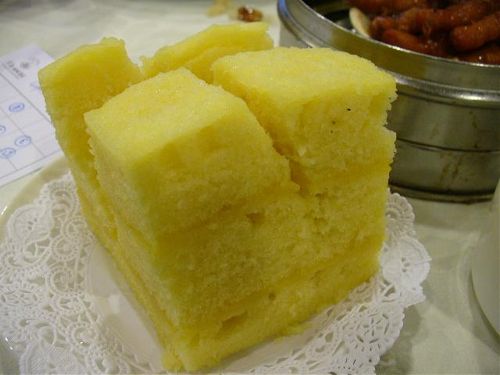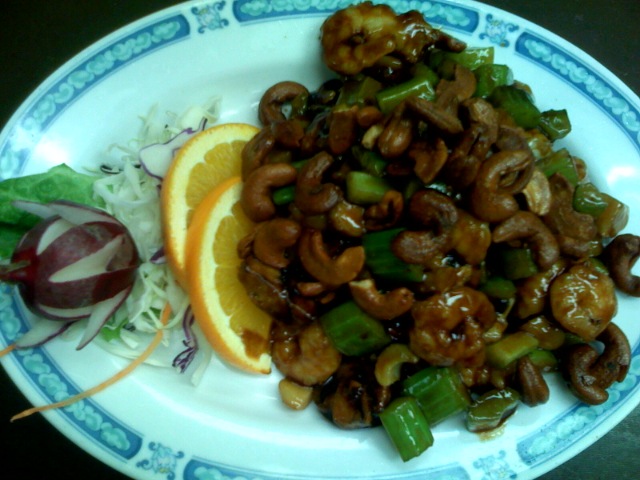
Named Xi Wen, once surnamed Zhu from stepfather's (Zhu Shuo) Jiangsu Wuhsien person, Fan Zhongyan was admitted as successful candidate in the highest imperial examinations in 1015, and was in charge of the armed forces. In three years, he settled lawsuits fairly, was not in vain or vertical. He always held opinions different from his leader and dared to argue the right and wrong with him. He didn't give in though his got angry. After returning, he would record the argument to warn himself and dare not to lose his position. Before, Guangde person didn't know about study. He created the atmosphere of studying and took it as his own duty. He did everything possible to raise fund to found “Confucianism” in the north of town, and engaged three famous litterateurs to teach. Therefore the Guangde studying atmosphere was abundant, and the state persons extracted the successful candidates in the highest imperial examinations one after another. When he was transferred to a new post, he was poor with only a horse. He sold it to collect his travel expense and went to work in Jiqing (now Bozhou of Anhui Province) on foot. He was the vice minister of Hu department. After he died, he was rewarded Shangshu of Bing department, and was given the title Wenzheng.
When Fan Zhongyan toured the beautiful scenery “Shi Xi Gu Yi”, he wrote a poem called “Shixi Waterfall”. The poem goes “with a different current of spring, it originates to be high and single. Descends a mountain to be straight; clear still to the sea? It fights against the flood dragon potentially; the wind blows the rain hail to be thick. Late comes a cloud color, the verse from to become the chart.” Fortunately, the poem included in the “state will”, and it survived. The stele “Qiongran rock” carved by him when he toured Taiji Cave is still persevered until now. Though the pavilion where he used to interrogate prisoners and the pond where he used to wash ink stone didn't survive, you can still search its ruins.
According to “Guangde state Will”, Fan Zhongyan once left some vestiges. It is said that he chiseled “Fan Gong well” in the city, which is also called “the community well”. There was an “ink stone pond” in the southeast of Guangde, where he used to wash his ink stone. The posterity once established “Jing Fan pavilion”, “Fan Gongci” to commemorate him. Because it is a long time and circumstance changes along with time, these ruins all do not exist today.







 PREVIOUS
PREVIOUS